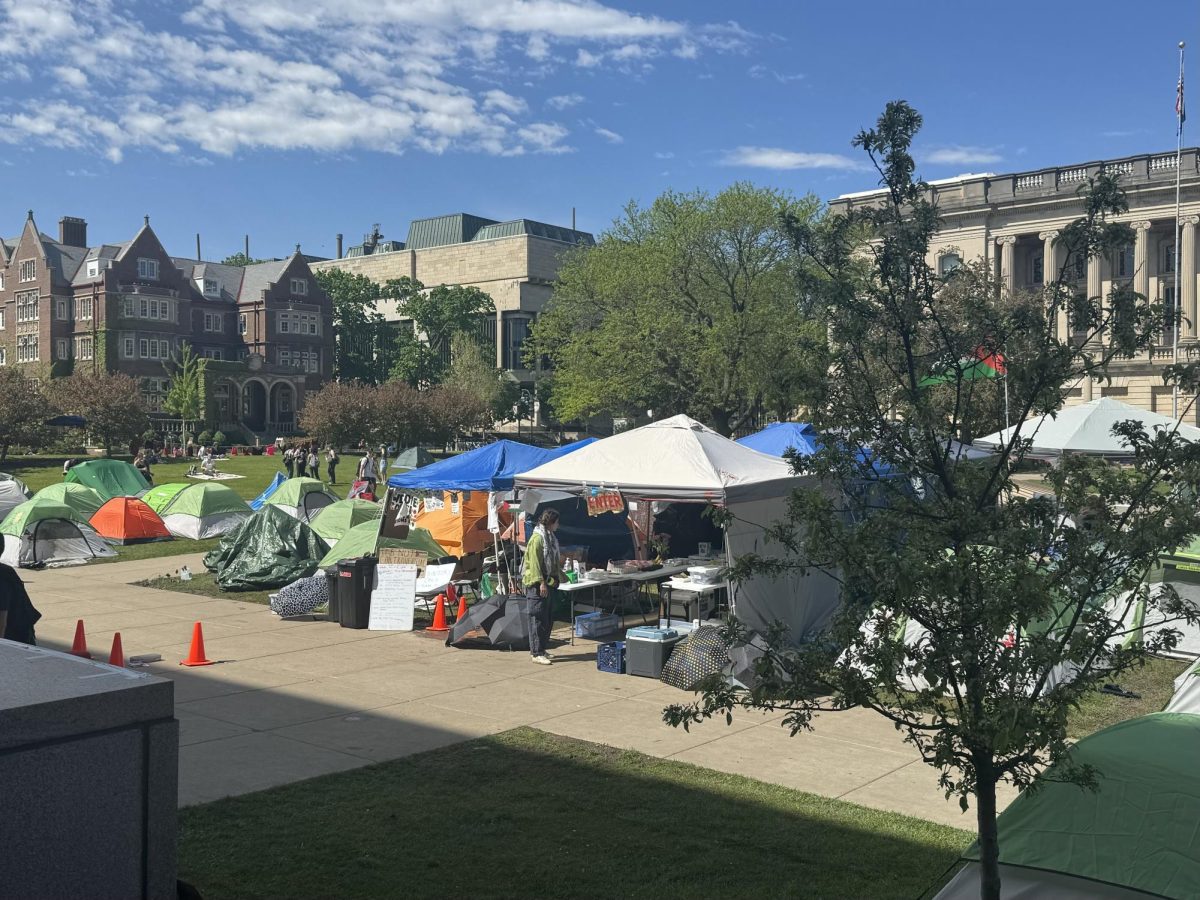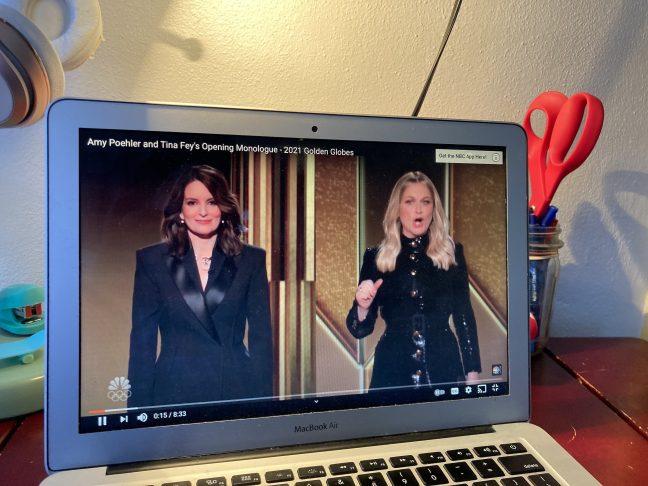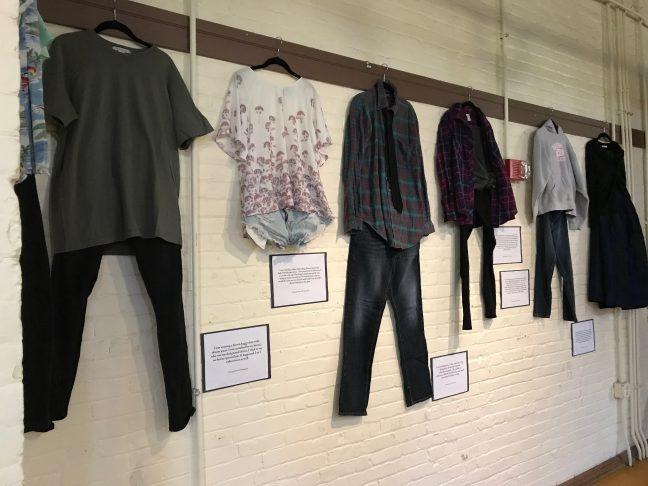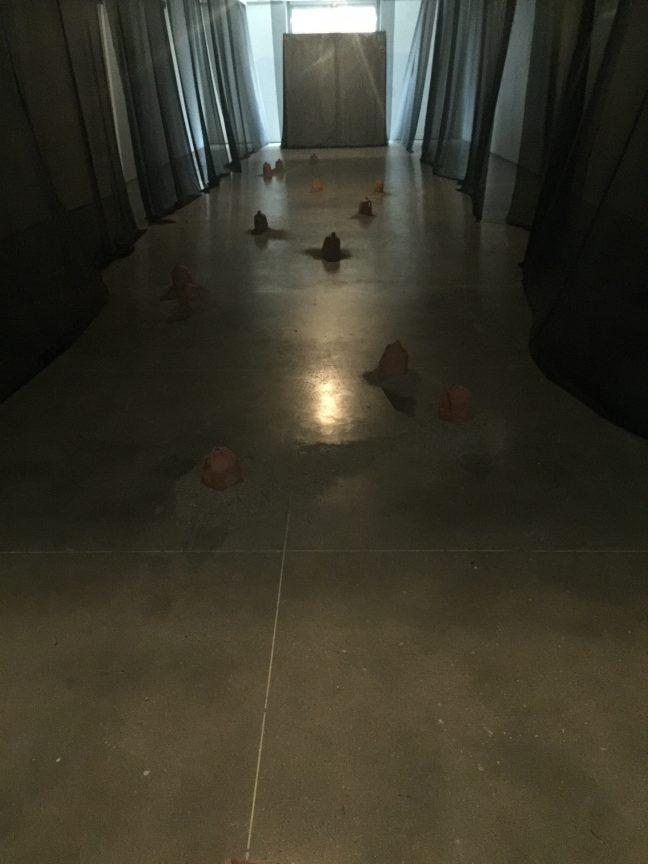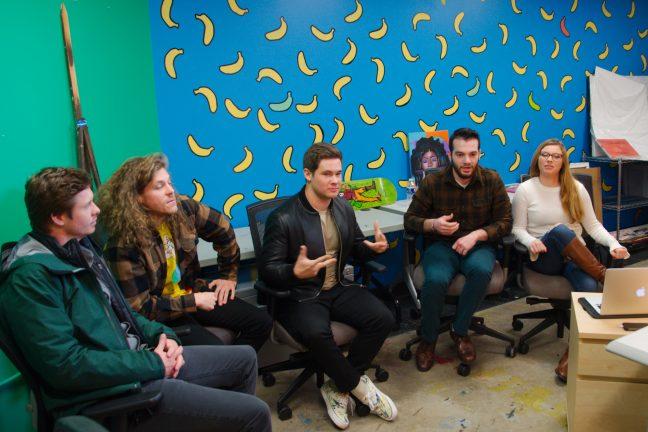
During the first two weeks of December 2010, the Overture Center for the Arts’ future hung in the balance, contingent on two groups striking a deal that would address the performance art venue’s debt, ownership, operation and well-being of employees. At least three marathon negotiation sessions between the board of the 201 State Foundation, the fundraising arm of the Overture Center’s old structure, and the Madison Cultural Arts District board, a city-run organization charged with operating the Overture Center, took place – one lasting until 4 a.m., nine and a half hours after its scheduled 6:30 p.m. start time.
“That was, frankly, a ridiculous meeting,” said Robert Chappell, spokesperson for the Overture Center. “It was a really frustrating meeting to be at because it was clear nobody just wanted to own the problem and solve it.”
The impetus for that meeting was a new model for ownership and operation proposed by City Council President Mark Clear wherein 201 State would take over, giving a private organization full control over the Overture Center and its employees.
“It was very intense,” Deirdre Garton said, who was the chairperson for 201 State and served on the MCAD board as well. “But what was thrilling on both sides was the willingness of everyone to give up time at a busy time of the year to try to come up with a solution.”
Two main concerns were addressed in those negotiations – the Overture Center’s debt and the future of its employees. Chappell feels that the risk of foreclosure was strong enough to warrant the panicked state of affairs.
“In our business, foreclosure, bankruptcy does mean you’re out of business,” he said, comparing the situation to the way some automakers have been able to continue operations even after declaring bankruptcy. And on top of everything else, early December is vital for scheduling the next season’s programming.
With the banks hovering overhead, Chappell continued, “Do you think Wicked is going to come here for three weeks”?
So when Clear’s deal was accepted, members of both boards breathed a sigh of relief.
“The boards met at least three times in combination. We met at the same times, and we essentially suspended our rules so that we could act as one body and everyone was very cooperative in trying to get to a resolution. It was really wonderful,” Garton said. “There was a deadline, and we all knew we had to meet it.”
Garton was just one of five members of the 201 State board that also served on the MCAD board. She said she felt the effect was more beneficial than harmful in terms of getting things done in the most efficient manner possible. But Chappell felt the overlap contributed to some of the problems that were eventually addressed.
“When there was a situation or a problem or something good happening, you didn’t know who was responsible for it. You know, there’s no clear line of accountability,” he said.
Both, however, acknowledged the experience members of 201 State gained on the MCAD board will be invaluable going forward. Last week, the 201 State Foundation board met for the final time under that name. They have now become the Overture Center Foundation.
Also, Garton said, “We’ve elected a slew of new members.” This has brought the board from nine to 18 people.
The MCAD board will not be disbanded, according to Chappell, but rather will remain dormant to allow the possibility of a “quasi-governmental entity that would, in some way, work with Monona Terrace, Overture Center and Alliant Energy Center.”
For its part, the Overture Center Foundation must now begin its transition from being solely a fundraising entity, as it was in the past, to operating a large organization. The number of employees on its payroll will increase from two to the entire Overture Center staff, which Chappell estimated to be around 50.
It will also inherit increased accountability in responding to community needs. But Garton says they are ready: “We’re excited about the new role that we’re going to be playing in terms of being a governing board and not just an oversight board. So, it’s really a very exciting time.”







